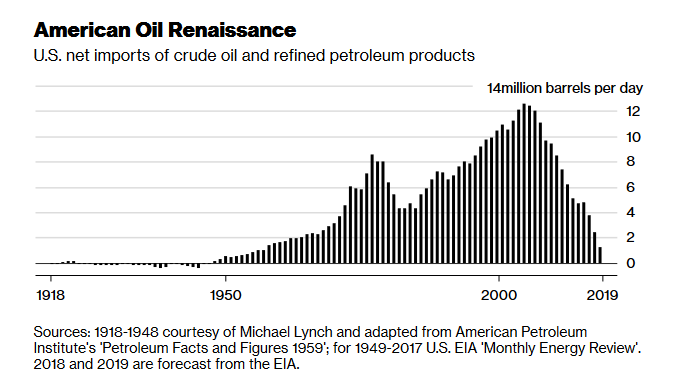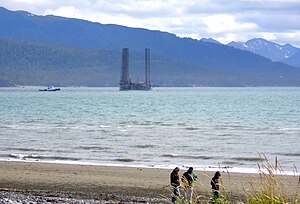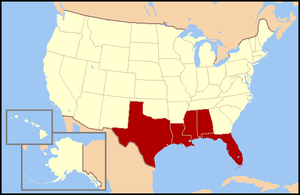In January of this year, Forbes Magazine reported:
The U.S. Energy Information Administration (EIA) recently published their 2019 Annual Energy Outlook. Whenever your optimism on the prospects for U.S. energy infrastructure waivers, this will restore your confidence. The outlook for domestic energy production is bullish, and in many cases more so than a year ago.
For example, in their 2018 report, the EIA’s Reference Case projected that the U.S. would eventually become a net energy exporter. Now, thanks to stronger crude and liquids production, they expect that milestone to be reached next year.
We have reached that milestone. So what is the impact? Fist of all, we are free of the threat of an oil boycott by OPEC (Organization of the Petroleum Exporting Countries). The oil embargo placed on the United States by OPEC in the early 1970’s rapidly increased gasoline prices and caused shortages at the gas pumps. We don’t want to do that again. Aside from the impact on average Americans, we need gas to fuel our military. However, being energy independent does not entirely free us from having to be nice to Arab countries that don’t like us. Because of an agreement made between Richard Nixon and Saudi Arabia, oil is traded in American dollars. This is one of the reasons American dollars still have value despite our large national debt. The Saudis have been responsible for seeing that oil continues to be traded in American dollars, so it is in our best interest to be nice to them. The Saudis are also moving toward a friendlier relationship to Israel because of fear of Iran. Being energy independent allows us to support the nation of Israel without fearing another oil embargo.
American energy independence also has a potential impact on our relations with Russia and Europe.
In July 2018, The Washington Post posted an article about Europe’s dependence on Russian oil.
The article notes:
Putin has proved through his actions that he views everything as a potential tool to gain an advantage economically, politically and militarily. One of his most powerful tools is Russia’s energy resources, and he has used Europe’s reliance on these resources to strengthen his position. Some European leaders have been all too willing to take the bait.
This was the point President Trump was making at a NATO summit this month. He caused a stir for speaking undiplomatically in a room of diplomats. He was also pointing out what everyone in the room already knew: Europe’s reliance on Russian natural gas undermines its security.
Trump also understands, as he demonstrated this week in his talks with European Commission President Jean-Claude Juncker, that the United States can and should help solve this problem. By supplying our own natural gas reserves to Europe, the United States can loosen Putin’s economic grip on the region.
The article concludes:
By increasing exports of American natural gas, the United States can help our NATO allies escape Russian strong-arming. America is the world’s leading producer of clean, versatile natural gas. There are two export facilities in the United States. able to ship natural gas overseas — one in Maryland and one in Louisiana. Three more are due to be operational by the end of this year, and at least 20 additional projects are awaiting federal permits. We must speed up these approvals to give our allies alternatives to Russian gas.
We have plenty of natural gas to meet Americans’ needs and increase our exports. Independent studies have found that prices will remain low even with significant gas exports. Now we just need to clear away the regulatory hurdles and show our European allies that U.S. natural gas is a wiser option than Russia’s.
When Putin looks at natural gas, he thinks of politics, he thinks of money and he thinks of power. It is in America’s national security interests to help our allies reduce their dependence on Russian energy. We need to make clear how important it is for their own security, as well.
Our NATO alliance is strong. Ending Europe’s dependence on Russian energy will make it even stronger.
An energy-independent America is good for America, good for Europe, and good for Israel.

















